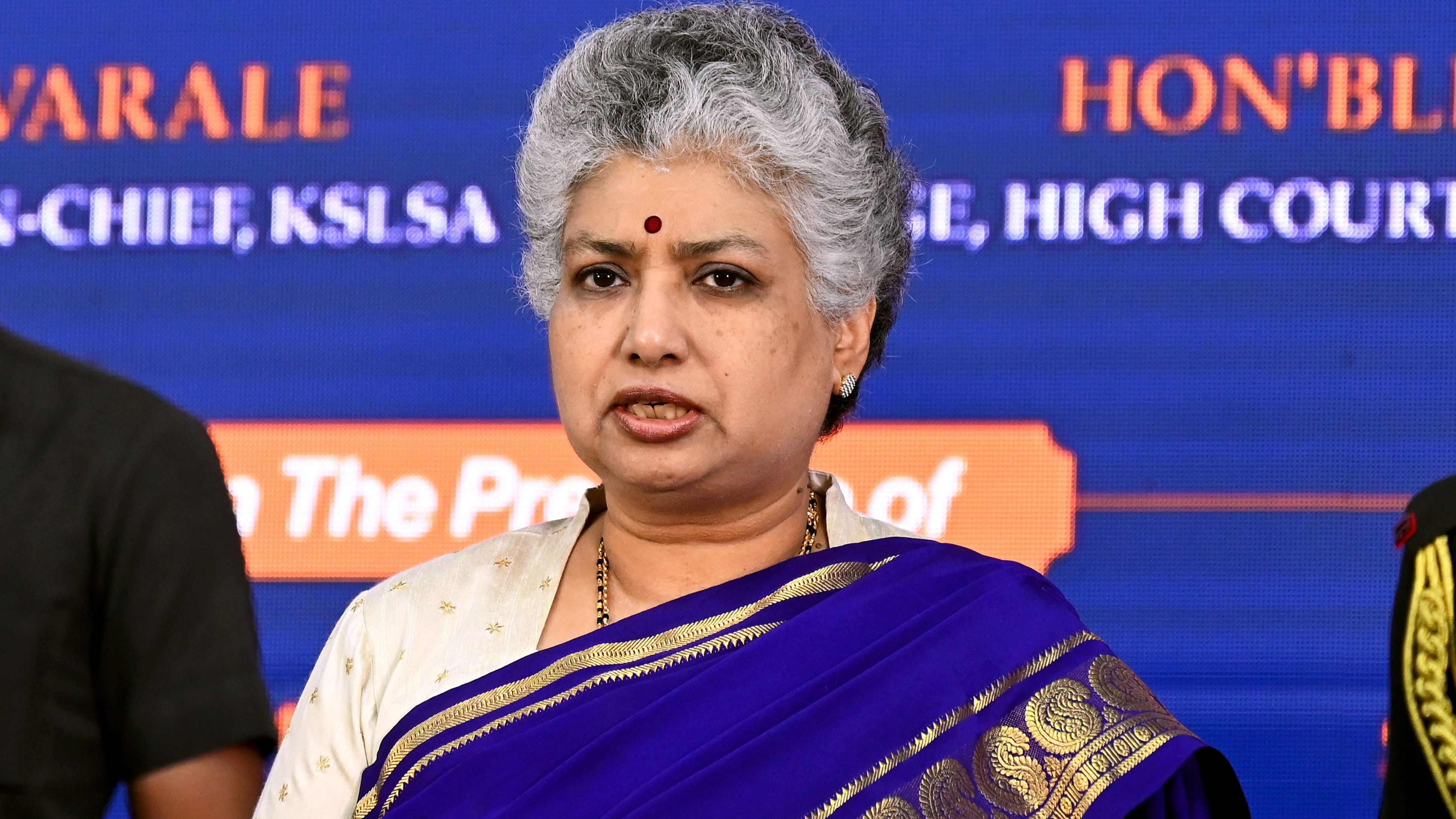
Credit: PTI File Photo
New Delhi: Supreme Court judge Justice B V Nagarathna on Wednesday dissented with a majority view in a nine judge bench and held that states lacked the legislative competence to regulate production, manufacture and supply of industrial alcohol.
In a majority ruling, Chief Justice of India D Y Chandrachud along with seven other judges, held states will have regulatory power over industrial alcohol and said the phrase "intoxicating liquor" in Entry 8 of the State List in the Seventh Schedule of the Constitution would include industrial alcohol within its ambit.
However, in her 238-page judgement, Justice Nagarathna said only because industrial alcohol, by a process, can be converted to alcohol for human consumption as a beverage, it did not entitle the State Legislature to tax or regulate it.
"Denatured alcohol belongs to the family of industrial alcohol and, therefore, Section 18G of the Industries (Develzopment and Regulation) Act (IDRA) has a bearing on the said product," she said.
The judge said the entire controversy cannot be viewed from the point of view of alcohol being used as a raw material and final product such as hand sanitizer containing alcohol.
"The potential misuse of alcohol cannot be the basis for interpreting an Entry such as Entry 8 – List II. Ultimately, the "Fermentation Industries” have to be borne in mind which takes within its canvas only non-potable/“industrial alcohol”,” the judge said.
She said the aspect of public health having a correlation to Entry 8 –List II dealing with “intoxicating liquor” and the misuse of alcohol cannot be a guide while interpreting the content of the said Entry and therefore, its scope and ambit being amplified beyond what it really envisages as a field of legislation for the states to legislate upon.
The judge further noted Section 18G occupied the field under Entry 33(a) – List III and, thereby, only Parliament was competent to legislate on all articles or a class of articles related to a scheduled industry, namely, fermentation industries.
She said IDRA, which has been enacted by Parliament by virtue of Entry 52 – List I has taken control of fermentation industries as a scheduled industry.
Such fermentation industries would exclude intoxicating liquors, she added.
"The states as per Entry 8 – List II have the power to regulate “intoxicating liquors” which is for human consumption as a beverage and in that regard have the power to prohibit “industrial alcohol” being converted to alcohol for human consumption as a beverage," the judge noted.
Justice Nagarathna, therefore, said, "This is in order to protect the health of citizens which is a Directive Principle of State Policy under Article 47 of the Constitution and in order to prohibit unauthorised use/misuse of 'industrial alcohol' produced in the state from being converted and sold as 'intoxicating liquors' meant for human consumption as a beverage."
While Entry 8 in the State List under the 7th Schedule of the Constitution gives the states the power to legislate on the manufacture, possession, transport, purchase and sale of "intoxicating liquors", Entry 52 of the Union List and Entry 33 of the Concurrent List mention industries whose control was "declared by Parliament by law to be expedient in public interest".
